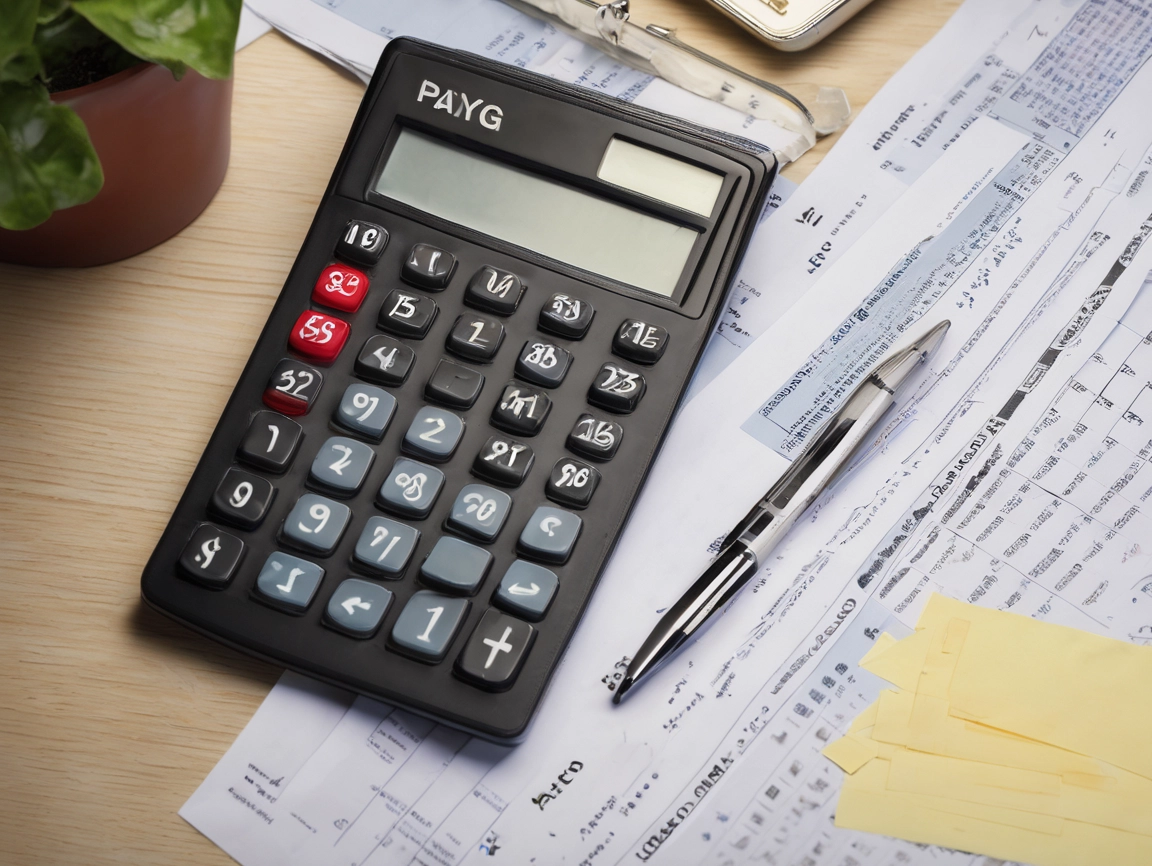PAYG Instalments Explained: What They Are, Who Pays, and When They’re Due
Managing your tax obligations isn’t always straightforward — especially when you earn business or investment income. That’s where PAYG instalments come in. Below we’ll explain what they are, who needs to pay them, whether you can avoid them, and when payments are due.
What is a PAYG instalment?
Pay As You Go (PAYG) instalments are regular pre-payments toward the income tax you’ll owe on your business or investment income. Instead of waiting until the end of the year and facing a large bill, the ATO collects smaller amounts (usually quarterly). These payments are credited against your annual tax return — if you’ve paid too much, you’ll get a refund; if not enough, you’ll pay the balance when you lodge.
Who is liable for PAYG instalments?
The ATO decides whether you need to pay PAYG instalments based on your most recent tax return. You may be required to pay instalments if you earn income that isn’t already subject to tax withholding, such as:
- Sole trader or small business income
- Company or trust income
- Rental property income
- Dividends or other investment income
If your return shows you met the ATO’s thresholds, they will issue you an instalment notice or activity statement each quarter. This will tell you either the instalment amount (a set dollar figure) or the instalment rate (a percentage of your income).
Can I avoid paying PAYG instalments?
You can’t simply “opt out” of PAYG instalments once the ATO has put you in the system, but you can manage them:
- Vary your instalments – If you expect your income (and tax) to be lower than what the ATO calculated, you can lodge a variation to reduce your instalment. Make sure you have reasonable grounds (such as reduced turnover or higher deductions).
- Be careful with nil variations – The ATO has warned against repeatedly varying instalments down to $0 unless you genuinely expect no tax liability. Doing so without justification may attract penalties and interest.
- Remember, instalments are only pre-payments – If you simply pay the instalments as shown, they will be credited to your tax account and offset against your final assessment.
When are PAYG instalments due?
PAYG instalments are generally due quarterly, with the same schedule as BAS/IAS lodgements:
- Quarter 1 (July–September): due 28 October
- Quarter 2 (October–December): due 28 February
- Quarter 3 (January–March): due 28 April
- Quarter 4 (April–June): due 28 July
Other options include:
– Monthly instalments (less common): due on the 21st of the following month.
– Annual instalments (available to some small taxpayers): due with your tax return.
– If the due date falls on a weekend or public holiday, it moves to the next business day.
– Tax and BAS agents may receive extra time to lodge and pay.
Key takeaway
PAYG instalments are designed to smooth out your tax liability and help you avoid a big year-end bill. While you can vary them if your circumstances change, it’s important to do so carefully and keep records to support your variation.
If you’re unsure how much to pay, or whether a variation is appropriate, speak with your accountant — getting it right will save you from cash flow shocks, penalties, or unexpected bills later.




